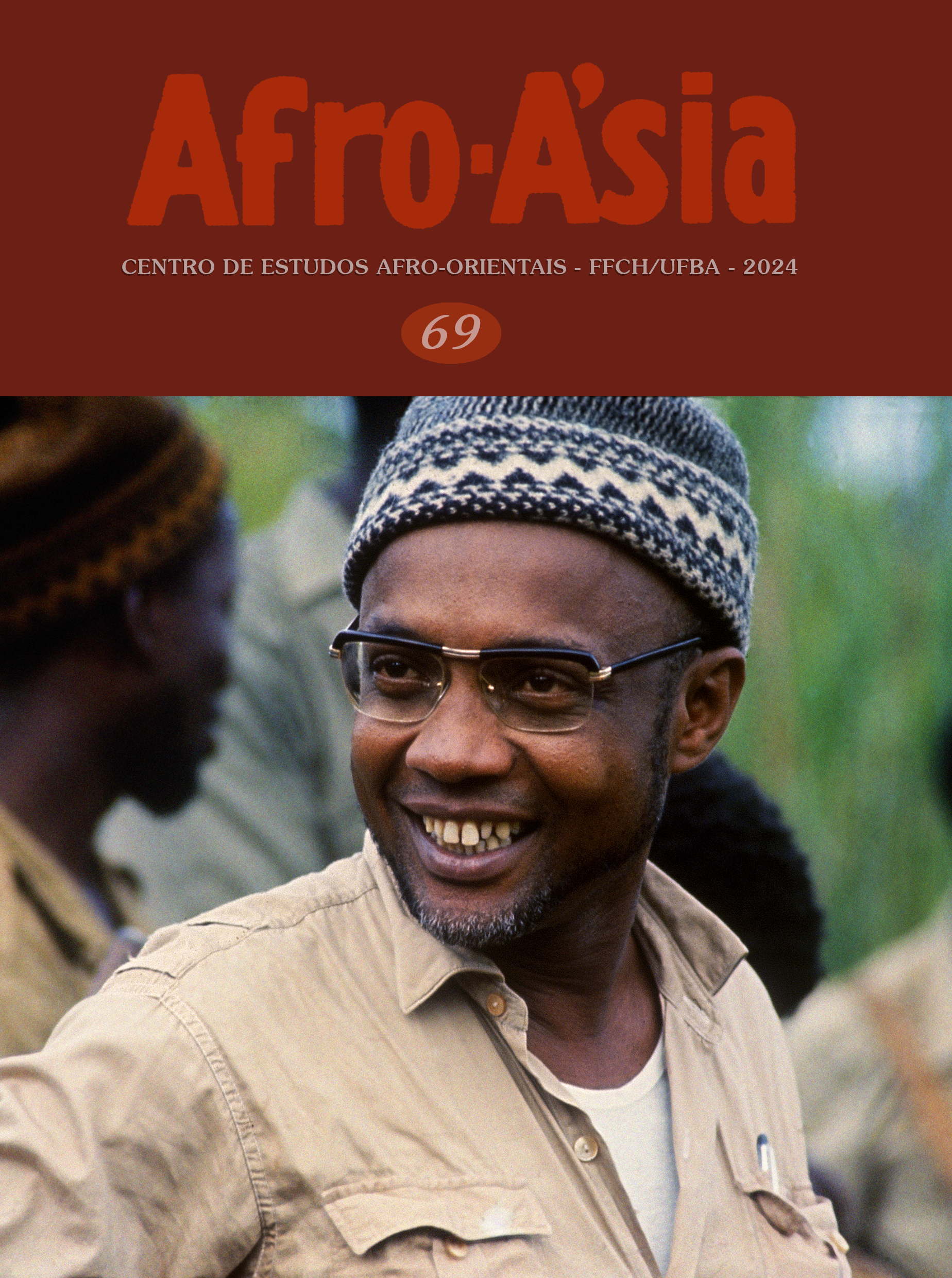“Keys of Destiny” Women in Maryse Condé’s Novel Segu
DOI:
https://doi.org/10.9771/aa.v0i69.57165Keywords:
Francophone literature , Women, Mali, Maryse Condé, 19th centuryAbstract
The history of the Kingdom of Segu, situated in present-day Mali, during the 19th century is marked by a complex context: the renewed pressure of Islam, which had been rebuffed for a very long time, became drastic in this period under the command of the Toucouleur leader, El-Hadj Omar. This engendered conflicts even among families families inhabiting Segu. Moreover, the French – white and Catholic – projected themselves from their bases in Senegal towards the Niger River, seeking to control new territories and enslave populations. This backdrop is explored by Maryse Condé in her novel Segu, where she narrates the saga of four generations of descendants of the Bambara noble Dousika Traoré, a close associate of the (king) Mansa. Our particular interest here, informed by the characteristics of the author, is to analyze some profiles and trajectories of women deemed as “keys to fate”, who, in various ways, refuse to accept the traditional order.
Downloads
Downloads
Published
How to Cite
Issue
Section
License
Copyright (c) 2024 Franck Ribard, Maria Yasmim Rodrigues do Nascimento

This work is licensed under a Creative Commons Attribution 4.0 International License.
You are entitled to freely share, adapt and use the work herein published for any legitimate purpose as long as authorship and the original source are acknowledged.




